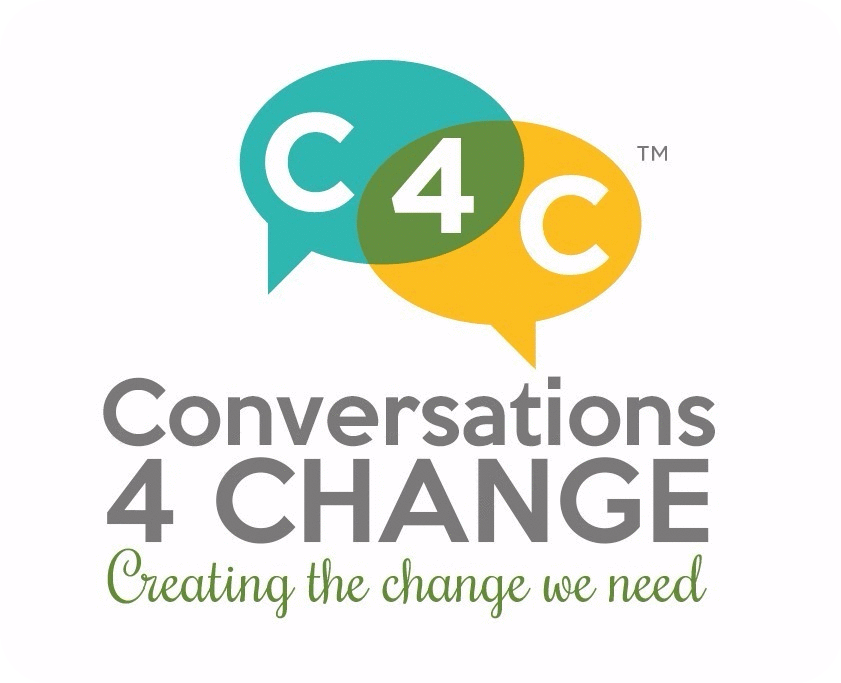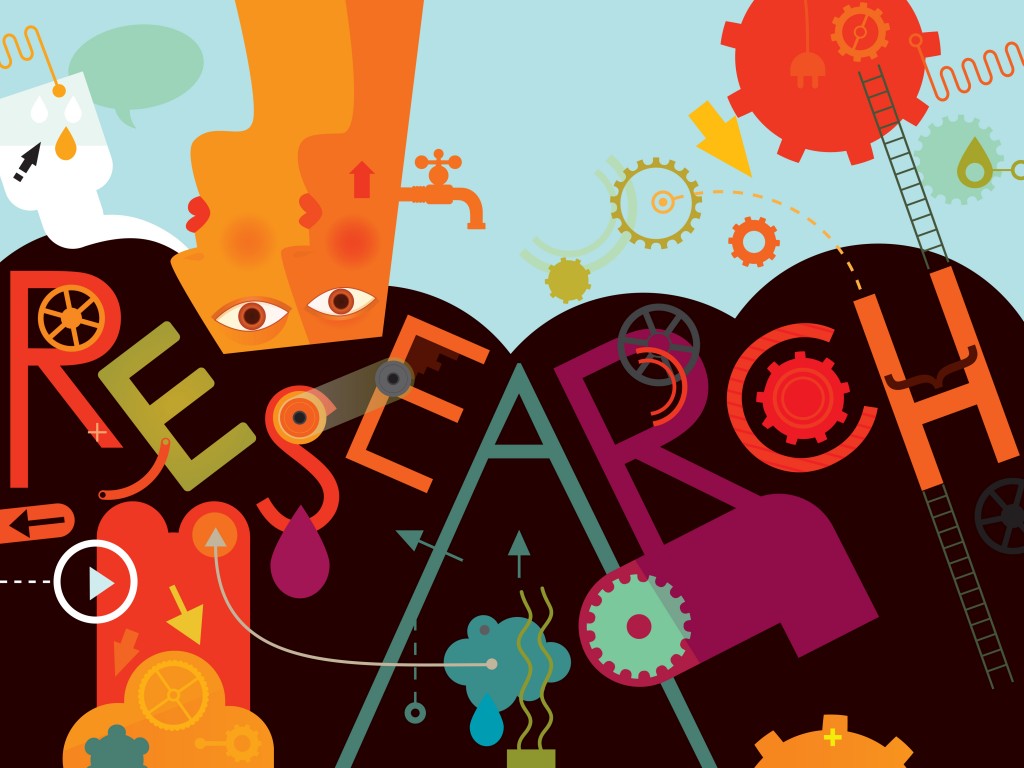In our last post concerning the Demographic Dividend (DD) initiative, we asked the question: are young people everywhere aware of this incredible opportunity that demands and cries out for their urgent needs to be addressed?
We realize that while what we may not know may not kill us, it certainly cannot equip us. So how do we equip ourselves with knowledge? Research! Too many times when we think of research, our minds go to serious stuff—final year projects, government gargantuan projects, etc—and research becomes this overwhelming and daunting task that we would rather avoid. But, the Merriam Webster dictionary (2017) defines research as the activity of getting information about a subject. Research therefore encompasses any means of getting information on any subject whatsoever—academic, political, spiritual, social—and it doesn’t have to be so highfalutin.
For example, you want to make this great coconut rice for your friends who will be coming over during the weekend, but you don’t know how to. So you probably go to Google and type ‘how to make coconut rice’, or ‘coconut rice recipe’. A list of results come up and after following maybe two or three links (or a trusted site), you have the basic idea and you go on to wow your guests. You have just concluded a successful research into the making of coconut rice, with taste buds that will be pleased to attest to it.
Research then involves regular day to day activities like looking into the dictionary to find the exact meaning of a word, asking for directions to the wedding venue or visiting our blog in your spare time to check on progress made so far on the DD initiative.
Source: www.d300.haikulearning.com
Research plays a central role in what we do at C4C. In all our initiatives, we take care to ensure the validity of the information we present to you our readers or on which we base our actions. Research will be crucial to C4C’s Demographic Dividend Initiative. As we put together data to understand and monitor progress towards the achievement by countries of their DD goals, we will do our level best to ensure the validity of the data. We all owe it to the next generation to be inquisitive, to ask questions and get as much information as possible; and use this information to change the status quo for the better.
Maya Angelou, in one of her most popular quotes says “If you don’t like something, change it…” I go further to say: if you don’t like something, research it, then use accurate data to change it!
In our next post, we’ll be talking more about the extent to which research is key to the concept of demographic dividend and it's all important achievement.


